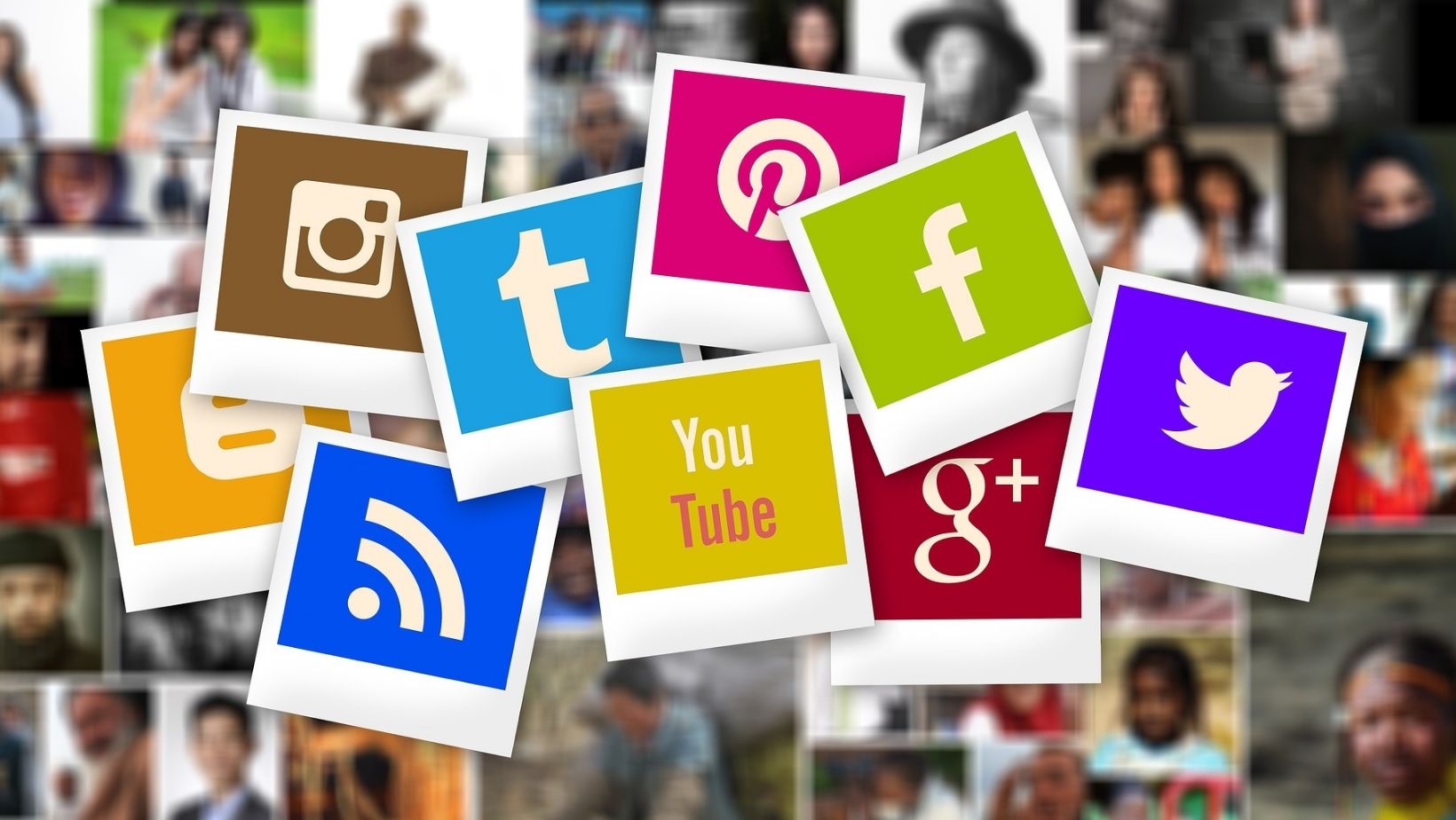
Can Political Content and News Adjustments Influence The Forthcoming Elections?
The foundations of political communication are witnessing major changes. With the increasing integration of social media platforms in our lives, a paradigm shift is taking place as to how news and political information are accessed and received. This shift could have far-reaching implications for political campaigns, including potentially swaying upcoming elections.
Understanding the Changing Landscape
For many years, social media platforms have been a crucial conduit of news, including political information. They've fundamentally altered the process of political marketing, providing politicians with a direct channel to reach their audience. However, the strategies these platforms employ to disseminate political and news content have experienced significant changes recently.
The Social Media Evolution
What initially started as a casual network for friends and family has phenomenally grown across boundaries, turning into a global newsroom. Billions of users resort to platforms like Facebook, Twitter, and Instagram to stay updated with current affairs, making these platforms a powerful source for shaping public opinion.
The influence of social networks has even taken a toll on the way politicians and campaigners strategize instructions leading up to elections. From firing off tweets to meticulously planned social media campaigns, these platforms have become a cornerstone to rally support, garner votes, and canvas digitally.
The Underlying Changes
Recently, many social media platforms have begun to reconsider their roles as political news disseminators. They are now adopting stricter measures for political content, introducing fact-checking mechanisms, slashing political advertising, and even banning them altogether in some instances.
For instance, Twitter announced a complete ban on political ads, citing concerns over misleading information being propagated. Facebook, while not banning ads completely, started a "political ad library" to increase transparency. Google also initiated steps to restrict how precisely political advertisers could target users.
These changes, while aimed at reducing the spread of misinformation and curbing manipulation, can inevitably alter the political landscape.
The Magnitude of Impact on Upcoming Elections
The changes in social media platforms' handling of news and political content could potentially sway the direction and outcome of the upcoming elections. Here's how:
- Restriction on Targeting: By limiting micro-targeting, platforms are narrowing down the precision with which political parties can target specific voter demographics. This may influence the reach and effect of their campaigns.
- Transparency with Political Ads: The introduction of political ad libraries and similar measures fosters transparency, allowing users to see who paid for an ad, how much was spent, and the demographics reached. This transparency may lead voters to question the authenticity and motive of the campaigns politicians run, influencing voting decisions.
- Fact-Checking Mechanism: Social media platforms have ramped up their fact-checking measures to combat fake news, reducing the spread of false information. This could prevent smear campaigns and the subsequent impact on voters’ minds.
Drawing the Future
While these changes implemented by social platforms hold the potential to sway the pebbles of elections, many variables come into play. Public consciousness regarding the credibility of online news, the echo chambers effect, the proliferation of social bots, or astroturfing are all factors that may influence the tide.
Introducing transparency, accuracy, and restriction measures undoubtedly brings forth positive implications. Yet, the real litmus test lies in how effectively these platforms execute these changes and how well society can adapt and embrace this evolved virtual realm.
In conclusion, as we navigate through the cascades of these significant shifts, the question of how these changes will influence the future of elections remains relevant. Will these alterations adequately control the spread of misinformation? Could they potentially make elections fairer and less permeable to false narratives?
It's a rapidly transforming landscape that surely will have an influential impact, testing the resilience of social platforms, policy-makers, and society at large. As we look forward to the upcoming elections, the capacity of these platforms to hold their ground will shape the narrative of political discourse, potentially charting the future of elections in the digital age.
Social media platforms have emerged as powerful juggernauts of information dissemination, also serving as the battlegrounds where hearts and minds are won or lost. The reality is that they aren’t just platforms anymore, but actors shaping the dynamics of our democratic forums. The changes implemented in handling news and political content may sway political outcomes in ways we are still trying to understand, raising questions that demand profound contemplation.
The saga of social media's changing approaches undoubtedly sparks an interesting debate about the digital future of our political climate. It is a conversation that implicates us all as citizens of the digital age, and whatever the outcome, it's safe to say that social media's role in politics is an evolving story that continues to captivate us all.
